A recent programme on my local TV station suggests that Pluto is actually a large comet in orbit around the Sun, polished to a rather roundish shape. I wonder, is that possible at all?
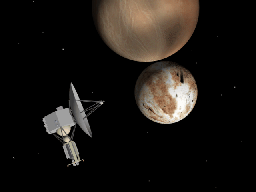
Pluto has been the ninth planet in our solar system ever since it was discovered. However, as a small rocky planet with a very eccentric orbit, it clearly doesn't fit in with the rest of the gaseous outer planets. Pluto is much more similar to a group of objects called Trans-Neptunian Objects (TNOs), or asteroids. Thus, some astronomers don't consider Pluto to be a planet.
The International Astronomical Union (IAU) is the group that decides official questions for professional astronomers across the world. They have been discussing Pluto's status, and what it should be classified as. Since the importance of Pluto extends beyond just the astronomical world, and so many people have an interest in the topic, they have no intention of reducing Pluto's status as a planet. There has been discussion of dual listing Pluto as a planet and a TNO, but Pluto still is and will be a planet!
Submitted by Matt (Missouri, USA), Kristin (Texas, USA), Karen (Hong Kong), Matthew (New York, USA), Ian and Christi (Oregon, USA)
(May 4, 1999)
You might also be interested in:
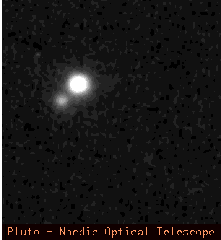
After the discovery of Neptune in 1846, mathematical theory suggested that there still might be a ninth planet. Scientists set out to discover it, and it was finally identified in 1930 by Clyde Tombaugh
...more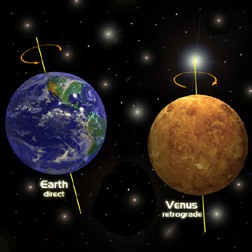
It depends on what kind of motion you are talking about. When seen from the north pole of the celestial sphere all planets orbit around the Sun in a counter-clockwise or direct path. Most planets also
...more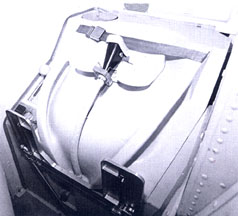
Almost everyone has a question or two about living in space. What do astronauts do in space? How do they do everyday things like eat, sleep and go to the bathroom? Well, this is our attempt to answer
...more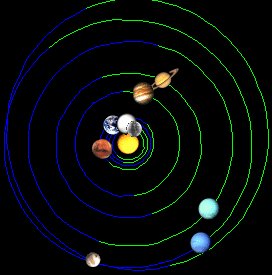
There is a really neat internet program called Solar System Live that shows the position of all of the planets and the Sun for any given day. If you go to that page, you'll see an image similar to the
...more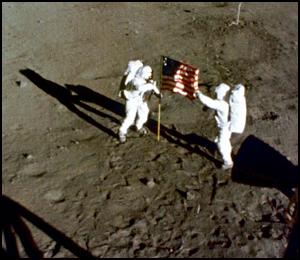
The picture of the American Flag (the one put there by the Apollo astronauts) is waving (or straight out) in the wind. How could that be possible if there is no atmosphere on the Moon? Was it some sort
...more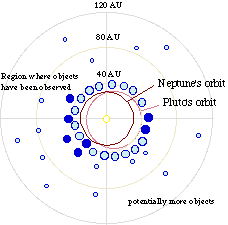
I was wondering if there is a new planet? Are there planets (a tenth planet?) after Pluto belonging to our solar system? What are the names of the new planets discovered in the solar system? Are there
...more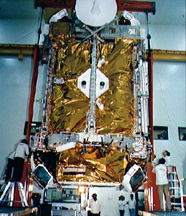
If that is so, the energy released during the Big Bang must have created many such black holes. Therefore most of the Energy of the Big bang must have disappeared in that form. Then how did the Universe
...more














